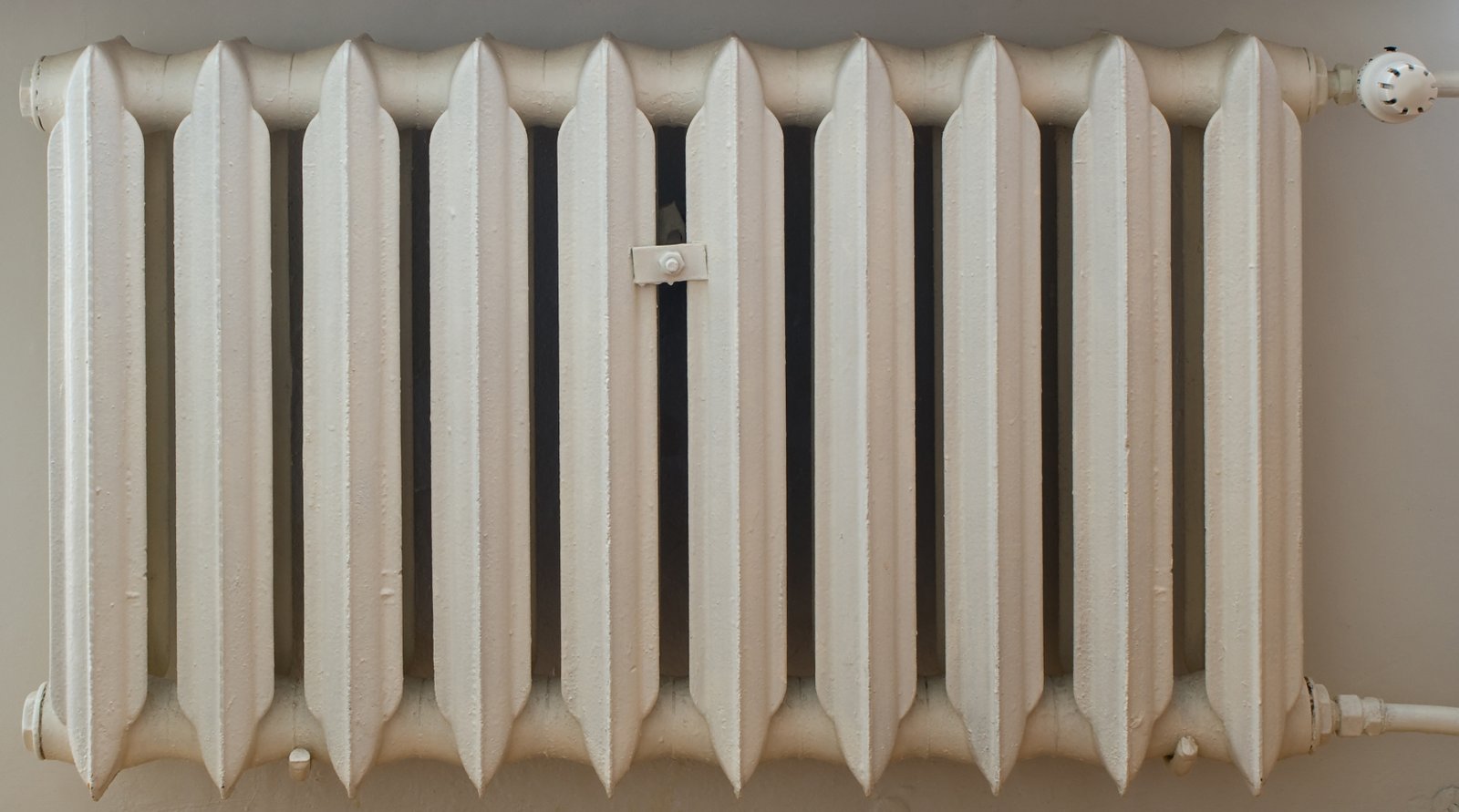Rooftop solar water heating systems have become increasingly popular in recent years, and for good reason.
They offer numerous benefits, the most notable being major cost savings. But what exactly is a rooftop solar water heating system, and how does it work? Simply put, a rooftop solar water heating system harnesses the energy from the sun to heat water.
This is achieved through the use of solar thermal panels, which are typically installed on the rooftop of a building. These panels contain a series of tubes filled with liquid that is heated by the sun’s rays. The heated liquid is then transferred through a heat exchanger to heat the water in a storage tank. This hot water can then be used for various household purposes, such as showering, washing dishes, and even heating a home.
One of the major benefits of rooftop solar water heating systems is the significant cost savings they offer. Traditional water heating systems, such as gas or electric heaters, can be costly to run and maintain. However, with solar water heaters, the sun provides the energy for free. This means that once the system is installed, homeowners can enjoy reduced energy bills and savings on their water heating expenses.
To put this into perspective, let’s look at an example. In the United Kingdom, a typical household uses around 3,100 kWh of electricity per year for water heating. This translates to an average cost of £500 per year.



However, with a rooftop solar water heating system, a household can reduce their energy consumption by up to 80%, resulting in savings of £400 per year.
Moreover, solar water heating systems have a long lifespan of around 20–30 years, making them a worthwhile investment with long-term cost savings. In comparison, traditional water heating systems may need to be replaced every 10–15 years, adding to the overall cost.
Apart from cost savings, another advantage of rooftop solar water heating systems is their environmental impact. Traditional water heating systems contribute to a significant amount of carbon emissions.
In the UK, it is estimated that water heating accounts for around 15% of a household’s carbon footprint. On the other hand, solar water heaters produce clean and renewable energy, resulting in a reduced carbon footprint.
Additionally, solar water heaters do not emit any harmful pollutants that can be hazardous to our health and the environment.
This makes them a more sustainable and eco-friendly option for water heating.
Moreover, rooftop solar water heating systems are low maintenance and easy to install.
Unlike traditional water heating systems, they have no moving parts, decreasing the chances of breakdowns and the need for repairs.
This means that once installed, homeowners can enjoy a hassle-free and reliable source of hot water.
Another notable benefit of rooftop solar water heaters is their versatility.
They can be installed in both new and existing buildings, making them accessible to a wide range of homeowners.
They can also be designed to fit the specific needs of a household, depending on factors such as the number of occupants and hot water usage.
In terms of incentives, the UK government offers financial support for those looking to install solar water heating systems through the Renewable Heat Incentive (RHI)*. This scheme provides regular payments to homeowners for their renewable heat generation, further reducing the overall cost of a solar water heater.
In conclusion, rooftop solar water heating systems offer significant cost savings, environmental benefits, and low maintenance.
They are a sustainable and eco-friendly alternative to traditional water heating systems, providing homeowners with access to hot water without the hefty energy bills.
With the UK government’s financial incentives and their long lifespan, solar water heaters are a worthwhile investment for any household looking to reduce their carbon footprint and save on their energy expenses.
*UK Government may change the name and composition of incentives and support for renewable energy. Please check the current incentives in place at the time of reading this article and implementing a planned renewable energy project.
References
Estimating the Cost and Energy Efficiency of a Solar Water . . . (n.d.). Energy.gov. Retrieved February 20, 2024, from https://www.energy.gov/energysaver/estimating-cost-and-energy-efficiency-solar-water-heater
Odogwu, C., & Blok, A. (2023, August 19). A Solar Water Heater Purchase Could Be Worth The . . . CNET. Retrieved February 20, 2024, from https://www.cnet.com/home/energy-and-utilities/solar-water-heaters-everything-you-need-to-know/


